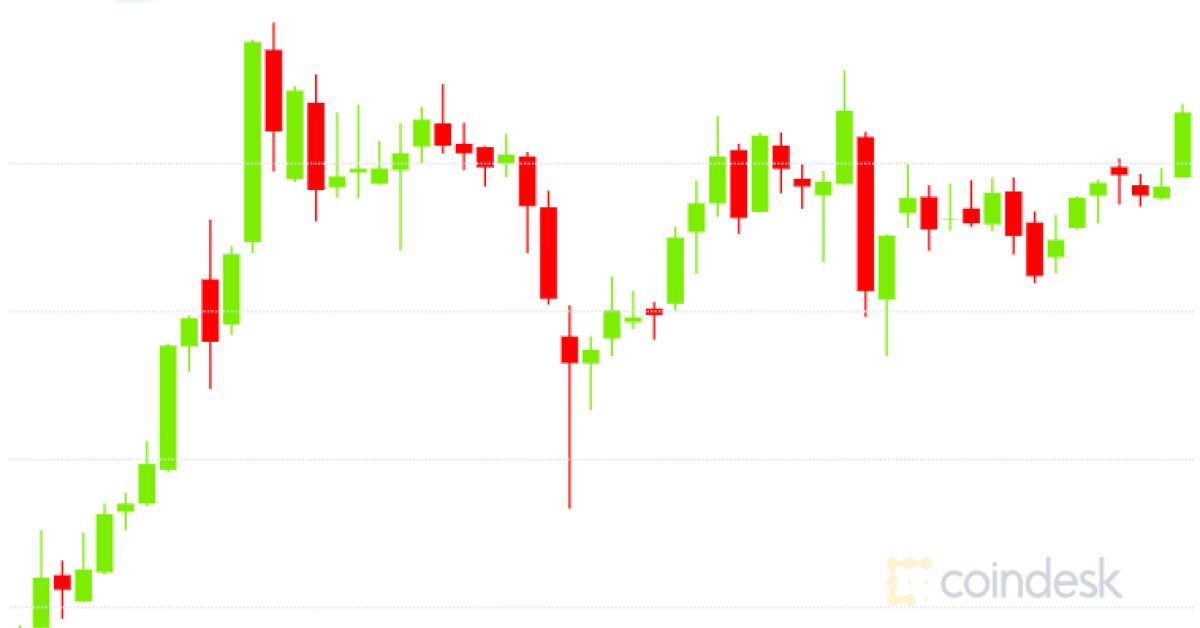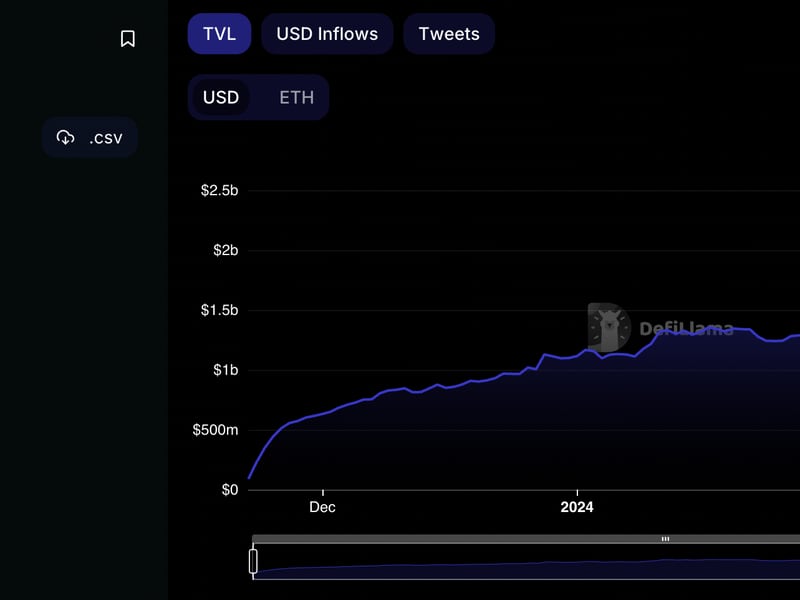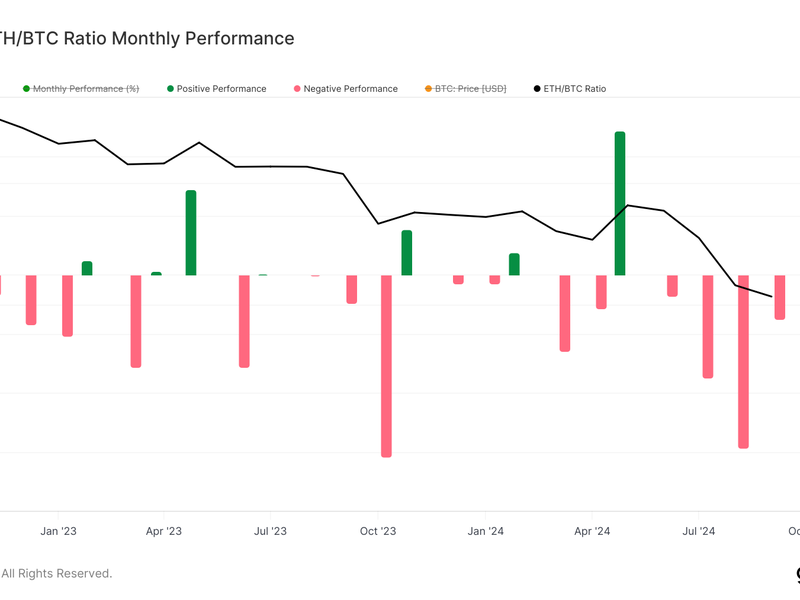From Enron to Wirecard: How Blockchain Tech Could Have Helped
(Shane Aldendorff/Unsplash)
From Enron to Wirecard: How Blockchain Tech Could Have Helped
Adam Traidman is CEO of BRD, a mobile cryptocurrency wallet.
If a global company can successfully hide billions of dollars overnight, we have a problem. If it is rigorously audited by a leading accounting firm, and regulated by one of the most thorough regulatory agencies in the world, yet still manages to cover up the disappearance of billions of dollars, then we have an even bigger problem. I am of course talking about the glaring reports that thrust the balance sheets of German-based card issuer Wirecard into the spotlight in recent weeks – uncovering some ugly truths and a culture of mistruths pertaining to financial record-keeping.
How could a globally recognized company get away with $2.1 billion worth of fraud for so long? To put it bluntly, this is a case of a largely legitimate public-facing business fronting for shrewd money laundering operations. Hiding in plain sight, as it were.
The Wirecard scandal highlights how an optically upstanding and regulatory compliant company can divulge certain strands of information, while tactically omitting crucial details, allowing it to navigate tight regulatory and audit constraints. The fraud seems to have been enabled by an expansive network of subsidiaries, and a convoluted corporate structure.
The 2006 purchase of XCOM Bank AG broadened Wirecard’s remit considerably, making it eligible to issue credit cards, while also handling money on behalf of merchants, a spectrum of activity that traditionally blurs the line between non-banking and straightforward banking operations.
Between 2011 and 2014, Wirecard began purchasing a number of Asian payments companies, further adding layers of complexity to the company’s structure and balance sheet. The Financial Times honed in on this expansion, which continued throughout the decade, pointing to a number of inconsistencies in Wirecard’s accounts. Some of these subsidiaries were reportedly processing payments on behalf of the company, enabling Wirecard to tactfully construct a shield for suspicious accounting practices – including a $2 billion balance sheet hole.
Fast forward to 2020: an investigation by German and Singaporean regulators led authorities to two trust accounts in the Philippines, which supposedly held the missing money. The auditors, of course, were unable to find the cash.
The unraveling of Wirecard’s gross malpractice should be a watershed moment, one that initiates a technology-driven change.
The dubious findings led many to believe the company was inflating its value through simulating business with a number of third party acquirers. A slightly divergent theory suggests that perhaps some of this “business” was legitimate, but it wasn’t necessarily being conducted on behalf of Wirecard, and the money was never held where it was supposed to be.
Blockchain could have helped
The unraveling of Wirecard’s gross malpractice should be a watershed moment, one that initiates a technology-driven change to mitigate the risk of these kinds of scandals. Ideally, every time a firm tries to suppress fund details, they should pop up somewhere else, dissuading entities from engaging in the alteration of financial records.
Blockchain technology enables real-time, cross-organizational intelligence sharing that can mitigate the risk of financial crimes flying under the radar. This is true also in cases where criminal networks are geographically distributed, with multiple banks being used to cover-up illicit activity, as it was in the Wirecard case.
As criminal networks become increasingly sophisticated, blockchain technology can be leveraged to help regulators corroborate evidence across an expansive ecosystem. Cryptographically-secure tools such as private set intersection – which allow parties to compare two or more data sets and identify matching elements without revealing any underlying information – can be used to help regulators identify instances of money laundering and other financial crime.
While the Wirecard scandal illustrates the need for a higher level of disclosure, particularly to regulators, I’m not promoting the idea that everything needs to be accessible. Companies will always need a degree of privacy for regulatory or competitive reasons. We can strike the right balance by making major companies accountable for their actions, and do so in a more efficient way than any government or regulated body currently can, using blockchain technology and new cryptographic techniques that help flag spurious transactions.
Clearly, in the case of Lehman Brothers, Enron, and now Wirecard, the relevant regulatory bodies failed in a very public manner and were left to pick up the pieces. Even though Wirecard was fully audited, the company’s multi-layered subsidiaries allowed them to muddle financial information and sidestep regulatory reprimands. At some point, either the auditors weren’t paid enough to keep digging, or they ended up taking information on faith.
When everything is laid out on a public ledger, no matter how deep auditors need to excavate, the information is always accessible. With blockchain being deployed within the context of a regulated financial system, we can pivot towards more decentralized and transparent payment and accounting systems, sparing future regulatory blushes and dissuading corporate entities from cheating the system.
Disclosure
The leader in blockchain news, CoinDesk is a media outlet that strives for the highest journalistic standards and abides by a strict set of editorial policies. CoinDesk is an independent operating subsidiary of Digital Currency Group, which invests in cryptocurrencies and blockchain startups.









